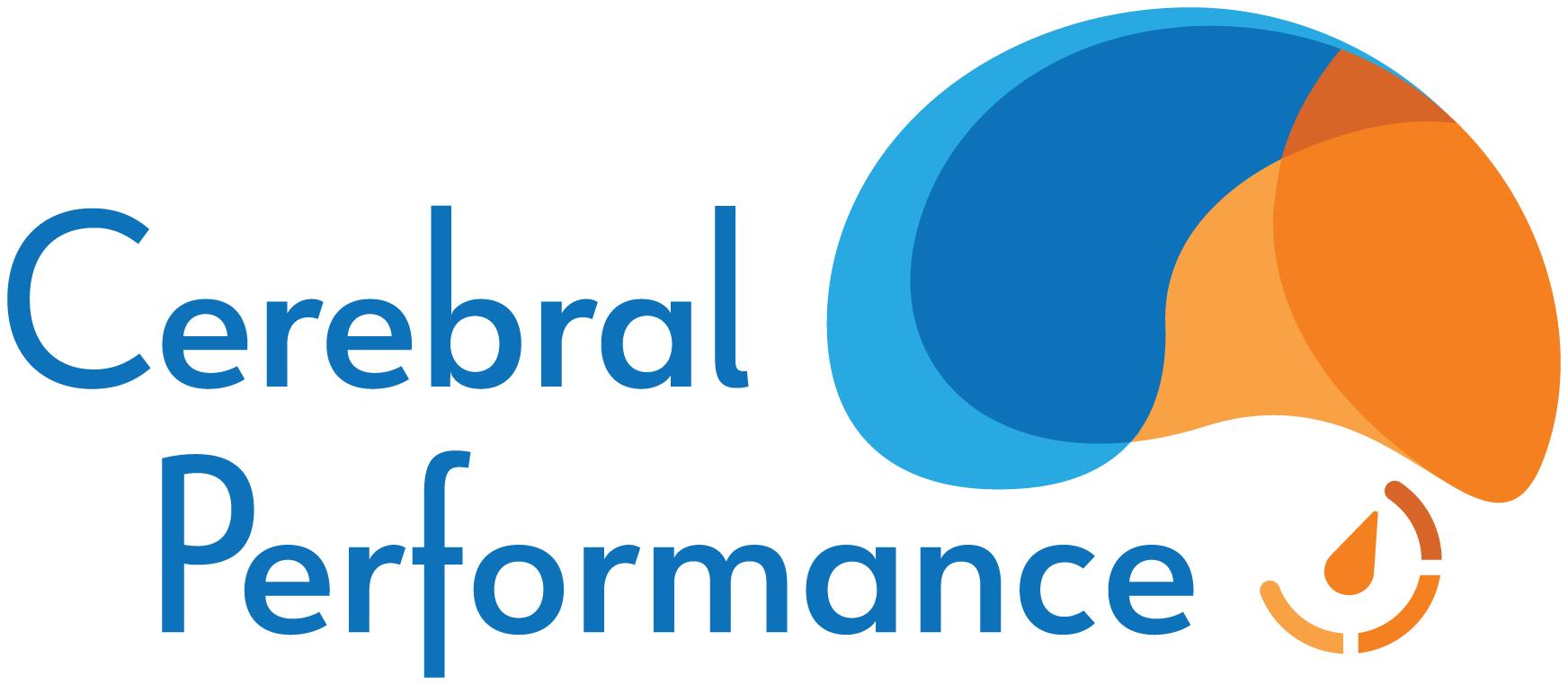Should You Go to Grad School? Key Factors to Consider
I have no idea. But if anything that you read here is a surprise, then neither do you.
Whenever the economy is in turmoil, the number of graduate program applicants sky rockets. If you or someone you know is contemplating a PhD, here is the inside story and some practical advice from a veteran professor.
The choice to pursue a PhD has similarities to deciding whether to buy a house. Both have long-term, life-altering personal, emotional and financial implications. Some good, some less so. A big difference is that when purchasing a home, lenders are legally obligated to fully and accurately disclose the terms of the mortgage before borrowers sign the note. Sure, providing grad applicants with the factual and up-to-date information on what they can expect after graduation should be no less mandatory, but it isn’t.
There is a huge surplus of PhDs. In 2015 for instance, US universities conferred some 45,000 PhDs in science and engineering; roughly seven for every new full-time faculty position. This figure is even more striking when you consider that almost half of all PhD students in these fields drop out.
Most PhD programs provide students with support in the form of teaching or research assistantships. However, many end up borrowing to supplement the low pay and and frequent lack of summer support. Roughly half of doctoral students graduate carrying accumulated educational debt that averages nearly $100,000.
The average time to complete the PhD is about seven years, and afterward those dead set on securing a faculty position will spend even more years completing at least one (often more) more postdoctoral apprenticeships that are notorious for their long hours and low salaries. In the US, there are approximately 45,000 in this holding tank. For perspective, about 11% of postdocs in the life sciences secure a faculty position within 5 years of PhD graduation. Things are generally worse in the humanities.
At minimum, every applicant should know the answers to these three questions before committing to any graduate program.
Exactly what percentage of students complete the program?
Precisely how long do they take?
What has become of ALL recent graduates from the program (not just the superstar who landed at Oxford back in 2001)?
Don’t settle for half-baked responses! If a realtor could only tell you that the price of the house you wanted was “somewhere in the several hundred-thousand-dollar range,” you’d likely walk away. Be prepared to do the same if the answers you receive seem uncertain, vague or unsatisfactory.







